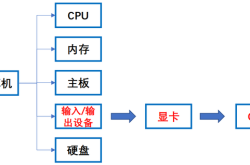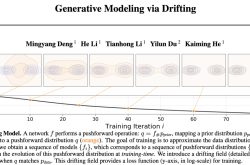Approved for the first RHD (right-hand drive) left-hand traffic license, Luobo Kuaipao launches global strategy
![]() 12/05 2024
12/05 2024
![]() 677
677
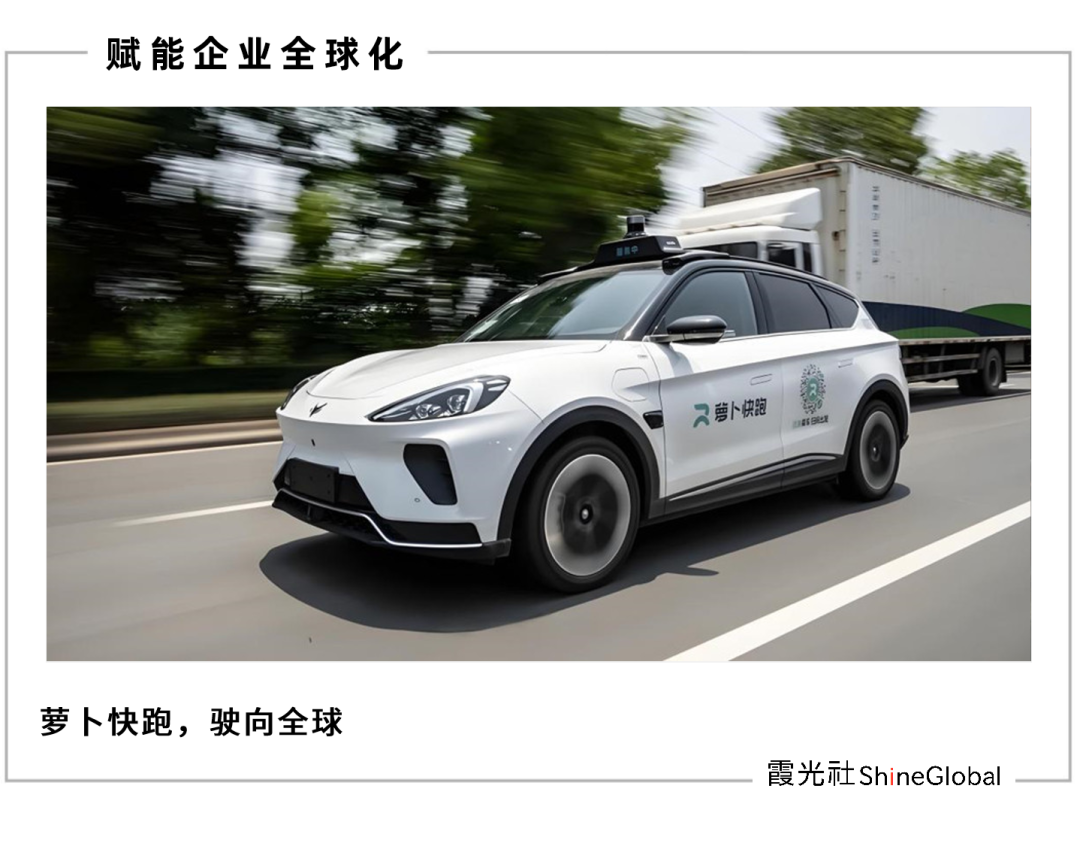
Editor | Liu Jingfeng
Recently, the Transport Department of the Hong Kong Special Administrative Region announced that it has issued the first pilot license for autonomous vehicles in Hong Kong under the Road Traffic (Autonomous Vehicles) Regulation.
The first batch of license applicants was Luobo Kuaipao, and 10 autonomous vehicles have been approved for testing on designated roads around Hong Kong Airport.
On December 2, Luobo Kuaipao officially responded that the license issued by the Hong Kong Transport Department is the first batch of RHD left-hand traffic autonomous testing licenses obtained by Luobo Kuaipao, which will become an important part of Luobo Kuaipao's globalization strategy. "Luobo Kuaipao looks forward to bringing world-leading AI and autonomous driving technology to more countries and regions, providing more users with green, low-carbon, safe, and comfortable autonomous driving travel services. Therefore, we have started business expansion globally."
Market analysis suggests that as a globally renowned international metropolis, Hong Kong has a complex and busy transportation system, which may impose higher requirements on autonomous driving technology. Luobo Kuaipao's entry into Hong Kong not only marks a breakthrough outside mainland China but also serves as an important strategic fulcrum for Luobo Kuaipao's global autonomous driving layout, potentially becoming a new starting point for expanding its global business.
From an industry trend perspective, the changes and opportunities brought by autonomous driving technology are unprecedented. It can significantly improve traffic efficiency, reduce traffic congestion and accidents, and provide a more convenient and comfortable travel experience for people.
According to Cruise statistics, compared to human driving, the collision rate of Robotaxi can be reduced by 65%, the collision rate as the main cause of accidents can be reduced by 94%, and the collision rate as an injury can be reduced by 74%. A Robotaxi experience study conducted in the United States in 2024 and published by J.D. Power revealed a consumer satisfaction score of 8.53 out of 10 for Robotaxi, indicating high satisfaction.
Not only is it about the field testing of autonomous vehicles. On December 4, Baidu Apollo released version 10.0 of its open platform for global users. Based on the autonomous driving large model ADFM, this version reconstructs algorithms to help global developers and enterprises develop autonomous driving products for different scenarios with lower costs, higher performance, and safer technology applications, gradually leading to large-scale implementation.

Hong Kong, as an international innovation and technology hub, has always maintained a keen forward-looking perspective and rigorous regulatory attitude in the fields of technology and transportation applications. The issuance of Hong Kong's first autonomous vehicle pilot license is undoubtedly a bold exploration and recognition of the application potential of autonomous driving technology in complex urban environments.
Luobo Kuaipao's successful acquisition of the license is inseparable from its successful implementation experience in multiple cities in mainland China.
The reputation of Luobo Kuaipao has even spread abroad, attracting many overseas tourists and bloggers to experience it. For example, British YouTube blogger Jason Lightfoot experienced Luobo Kuaipao in Wuhan and described his experience as "just sitting in the car felt like experiencing scenes from science fiction novels and movies." "Sitting in the back seat, you can adjust the temperature inside the car and listen to your favorite music. I really enjoyed the journey; it was an amazing experience."
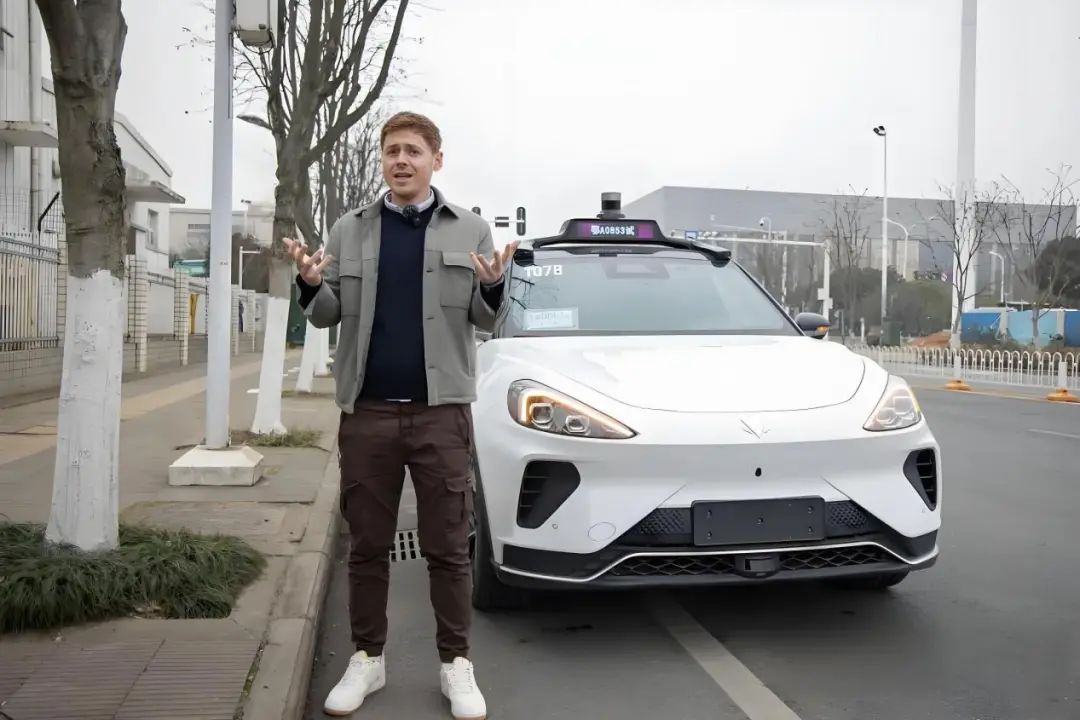
British blogger Jason Lightfoot
Currently, Luobo Kuaipao covers more than ten cities nationwide and provides autonomous driving travel services in multiple cities. With over 100 million kilometers of actual road test mileage, it has achieved no major casualties. This figure not only reflects the strong market demand for autonomous driving services but also demonstrates Luobo Kuaipao's leading position in the global autonomous driving field.
A research report by TF Securities pointed out that the popularity of "Luobo Kuaipao" is not accidental. Under the construction of "vehicle-road-cloud integration," infrastructure construction is accelerating, relevant regulations and policies are being improved, and autonomous driving technology is maturing. Many players are participating in competition and driving the industrial process forward. In the future, by replicating the experience of "Luobo Kuaipao," the driverless market is expected to experience rapid growth.
Frost & Sullivan predicts that by 2030, the market size of Robotaxi in China and globally will reach RMB 488.8 billion and RMB 834.9 billion, respectively.
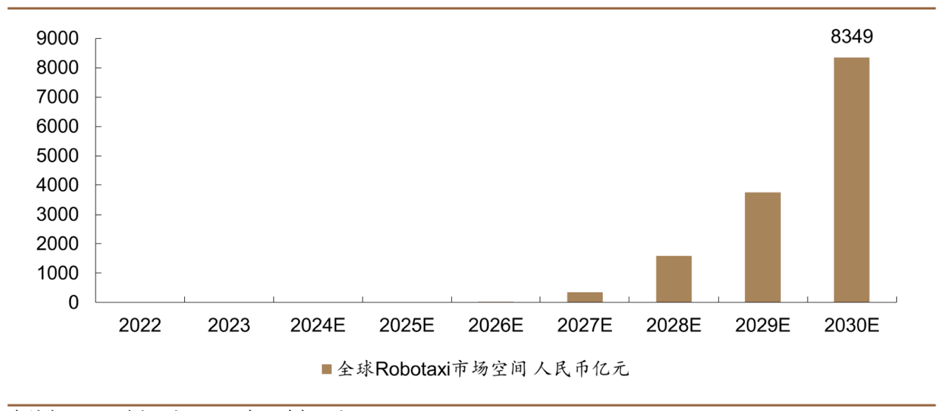

In fact, Luobo Kuaipao's choice of Hong Kong for pilot testing also demonstrates a certain degree of foresight.
Firstly, Hong Kong's highly urbanized characteristics determine the intensity and diversity of its transportation demand. On the one hand, the vast business population, tourists, and local residents have continuous and strong demand for efficient and convenient travel services. On the other hand, congested roads and dense crowds make the road traffic environment variable. Avoiding congestion and efficiently planning routes have become pain points for travel.
Based on the accumulation of AI algorithms and autonomous driving technology, Luobo Kuaipao can precisely address these issues. Robotaxi can accurately estimate passenger travel time through intelligent algorithms and real-time traffic monitoring systems, enabling quick order acceptance and punctual pick-ups and drop-offs. Coupled with high-precision maps and intelligent decision-making systems, it can plan optimal routes in complex road networks, avoid congested road sections, and reduce passenger travel time. Meanwhile, Luobo Kuaipao's multi-sensor fusion technology can sense surrounding traffic conditions in real-time, predict surrounding situations in advance, and flexibly respond to various unexpected traffic situations, enhancing overall travel efficiency and quality.
Secondly, Hong Kong adopts the traffic rule of "right-hand drive and left-hand traffic," which has more typical experimental value. According to Wikipedia, 155 countries around the world use right-hand drive traffic rules, accounting for 66% of the total number of countries globally; while right-hand drive and left-hand traffic countries account for approximately one-third of the total number of countries globally.
Data shows that countries like Japan, Thailand, and Singapore in Asia; the United Kingdom, Ireland, and Malta in Europe; Australia and New Zealand in Oceania; and South Africa, Namibia, and Zimbabwe in Africa all use right-hand drive and left-hand traffic rules.
Landing in Hong Kong, a highly representative city, not only allows for a two-way exchange with Hong Kong but also facilitates industry-university-research collaboration to build an international hub for autonomous driving. It also allows for the collection of a large amount of actual operational data and user feedback, which can better facilitate the continuous iteration of Luobo Kuaipao's own technology and optimization of its services.
Moreover, with the acquisition of the Hong Kong license, Luobo Kuaipao will land in right-hand drive and left-hand traffic areas, which can be seen as an important signal for Luobo Kuaipao's global expansion.
This is also evidenced in foreign media reports. On October 9, The Wall Street Journal published an article stating that China's autonomous driving travel service platform Luobo Kuaipao is seeking to launch its driverless cars in overseas markets to extend its competitive advantage beyond mainland China. Informed sources said that Luobo Kuaipao hopes to test and deploy its driverless cars in Singapore, the Middle East, and other regions, and has been discussing related plans with companies and regulators in these areas.
It is worth mentioning that as a pioneer in the field of autonomous driving, Baidu Apollo attaches great importance to education and talent cultivation in the field of autonomous driving, creating a comprehensive and efficient autonomous driving education practice program: In terms of competitions, Baidu Apollo uses real industry cases as competition topics to create a top-tier autonomous driving competition platform integrating simulation learning and real vehicle verification; in terms of teaching and research, Baidu Apollo has created a powerful autonomous driving practice platform through a combination of lectures, training, and practice. With Luobo Kuaipao obtaining Hong Kong's first autonomous vehicle pilot license, Baidu Apollo will also jointly build a prosperous industry-university-research ecosystem with Hong Kong, potentially exploring and cultivating an autonomous driving technology ecosystem based in Hong Kong and radiating across the Asia-Pacific region.
Data shows that currently, the Apollo open platform has gathered over 200,000 developers and more than 230 partners from over 175 countries and regions globally.

Currently, Robotaxi has become a "must-fight territory" for various players, with major global countries and technology giants entering the fray.
From a global perspective, China and the United States are currently in the first tier of Robotaxi development and have successfully implemented driverless safety officers. In 2023, the total mileage of Robotaxi road tests in California, USA, reached 5.75 million miles, a year-on-year increase of 13%. Commercial services for Robotaxi have been launched in cities such as San Francisco and Phoenix. Well-known companies in this field include Argo AI, a joint investment by Ford and Volkswagen, Waymo by Google, and Cruise by General Motors.
In 2023, Chinese enterprises logged a combined road test mileage of 33.93 million kilometers in Beijing, Shanghai, and Guangzhou, a year-on-year increase of 6%. Multiple cities have launched 24-hour driverless taxi services, with Shenzhen Bao'an initiating the first deployment of driverless Robotaxi in a first-tier city's central urban area in China.
However, by examining key information such as regulatory control, cumulative mileage, and fleet size of companies like Tesla, Waymo, and Luobo Kuaipao, it can be observed that compared to "American Robotaxi," "Chinese Robotaxi" Luobo Kuaipao has a competitive edge in multiple indicators.
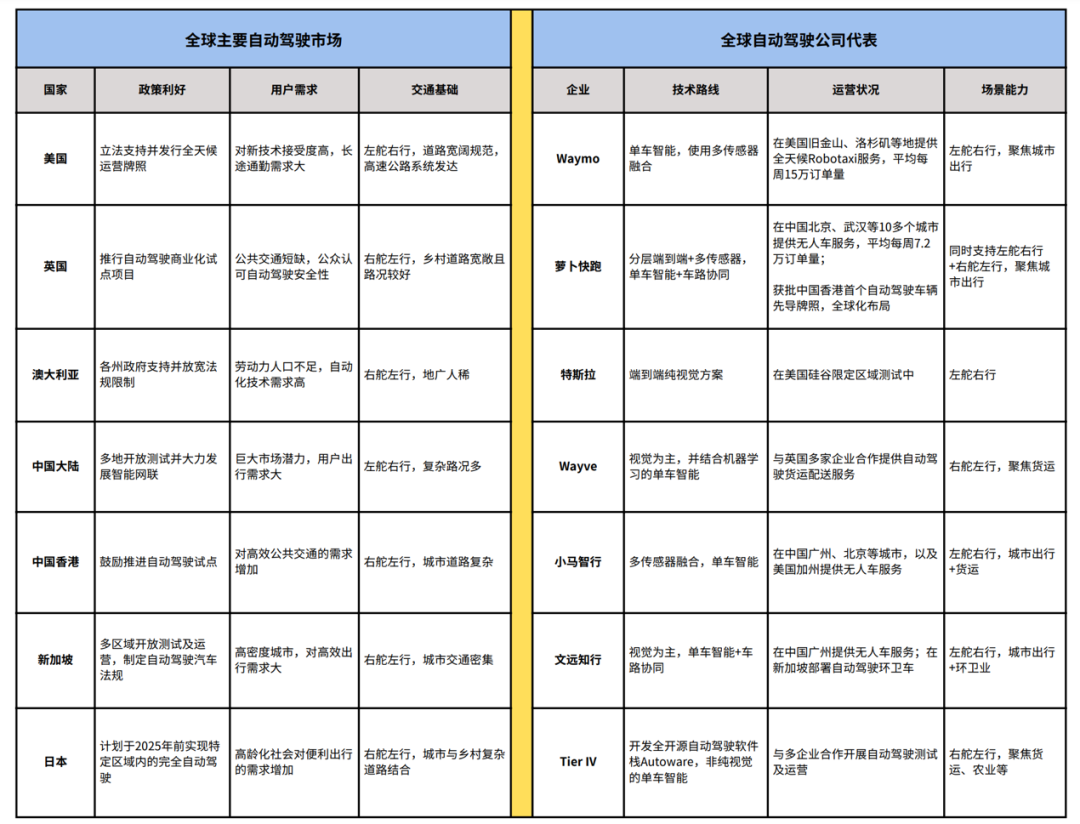
Moreover, Baidu has continued to make progress in technology research and development. In May this year, Baidu Apollo took the lead in releasing Apollo ADFM, the world's first L4 end-to-end autonomous driving large model. It is reported that Apollo ADFM can balance both the safety and generalization of technology, achieving a safety level more than ten times higher than that of human drivers, ensuring "no downtime, no inaccuracy, always online." Relying on the application practice of the autonomous driving large model, the sixth-generation driverless car of Luobo Kuaipao ensures vehicle stability and reliability through a ten-level safety redundancy scheme and a six-level MRC safety strategy, with a safety level close to that of the domestic large aircraft C919.
Autonomous driving is the general trend, and many traditional automotive manufacturing powers in the second and third tiers, such as Germany, Japan, and the United Kingdom, have also joined the competition for driverless technology. They are approaching it from multiple aspects, including national strategies, industrial deployment, laws, and regulations, aiming to seize the initiative in the development of the driverless industry by creating a "system highland."
Taking Japan as an example, in July 2024, the Japanese government disclosed a reform draft, clearly stating that by the end of 2025, all prefectures and cities need to promote L4 autonomous driving technology under specific conditions to address Japan's rapidly declining population. As of May 1, there were 16 locations in Japan where autonomous vehicles were allowed to drive on ordinary roads throughout the year.
In fact, Japan currently faces a severe aging problem. As young people flock to big cities, the aging population has intensified, leading to a shortage of personnel in the local public transportation system that needs to be supplemented by autonomous vehicles and buses. However, in the taxi industry, more than half of the drivers are elderly individuals aged 60 and above. On September 15 last year, to alleviate issues such as inconvenient travel, driver shortages, and operational difficulties for taxi companies in Japan, the Ministry of Land, Infrastructure, Transport, and Tourism raised the upper age limit for taxi drivers to 80 years old.
Perhaps recognizing the challenges of population aging, driver shortages, complex road conditions, and the demand for efficient transportation, Japan views Robotaxi as a solution to these issues, presenting new opportunities for autonomous driving companies with technological strength and accumulated experience, represented by Luobo Kuaipao.
The right time, place, and people. The timing for Luobo Kuaipao's globalization has arrived.
It is worth mentioning that with the launch of Luobo Kuaipao's global business, Baidu has also garnered more attention in the capital market. On December 2, Baidu's Hong Kong-listed shares rose by 1.97%, and its U.S.-listed shares rose by 1.73%. An investor stated that the autonomous vehicle business will enhance Baidu's earnings potential.
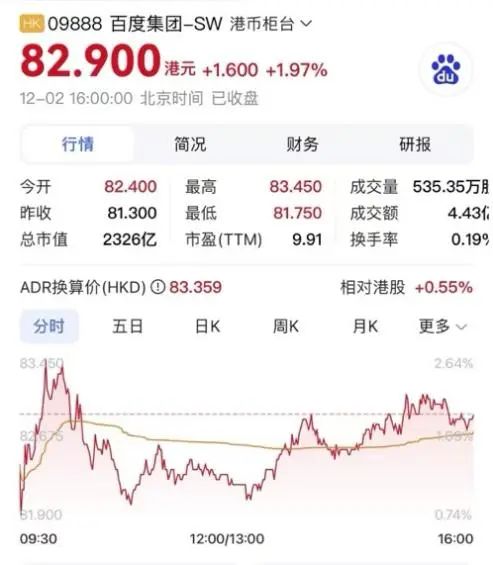
According to Cathie Wood, the founder and CEO of Ark Investment Management, the Robotaxi business "will represent a revenue opportunity of four to five trillion dollars over the next five to ten years. It is a SaaS model with a gross margin of over 80%."
The vast market prospects and exceeding profit margins have ushered in a moment of value reassessment for Baidu.
As technology matures and regulations improve, it is not hard to imagine that Robotaxi will profoundly change the way people travel globally. Luobo Kuaipao is driving this transformation worldwide.
References:
[1] "Rethinking Robotaxi Based on Wuhan Luobo Kuaipao," Guangda Securities
[2] "AI + Automotive Intelligence Series VII – The Era of Robotaxi Rise and Accelerated Industrial Positive Cycle," Dongwu Securities

